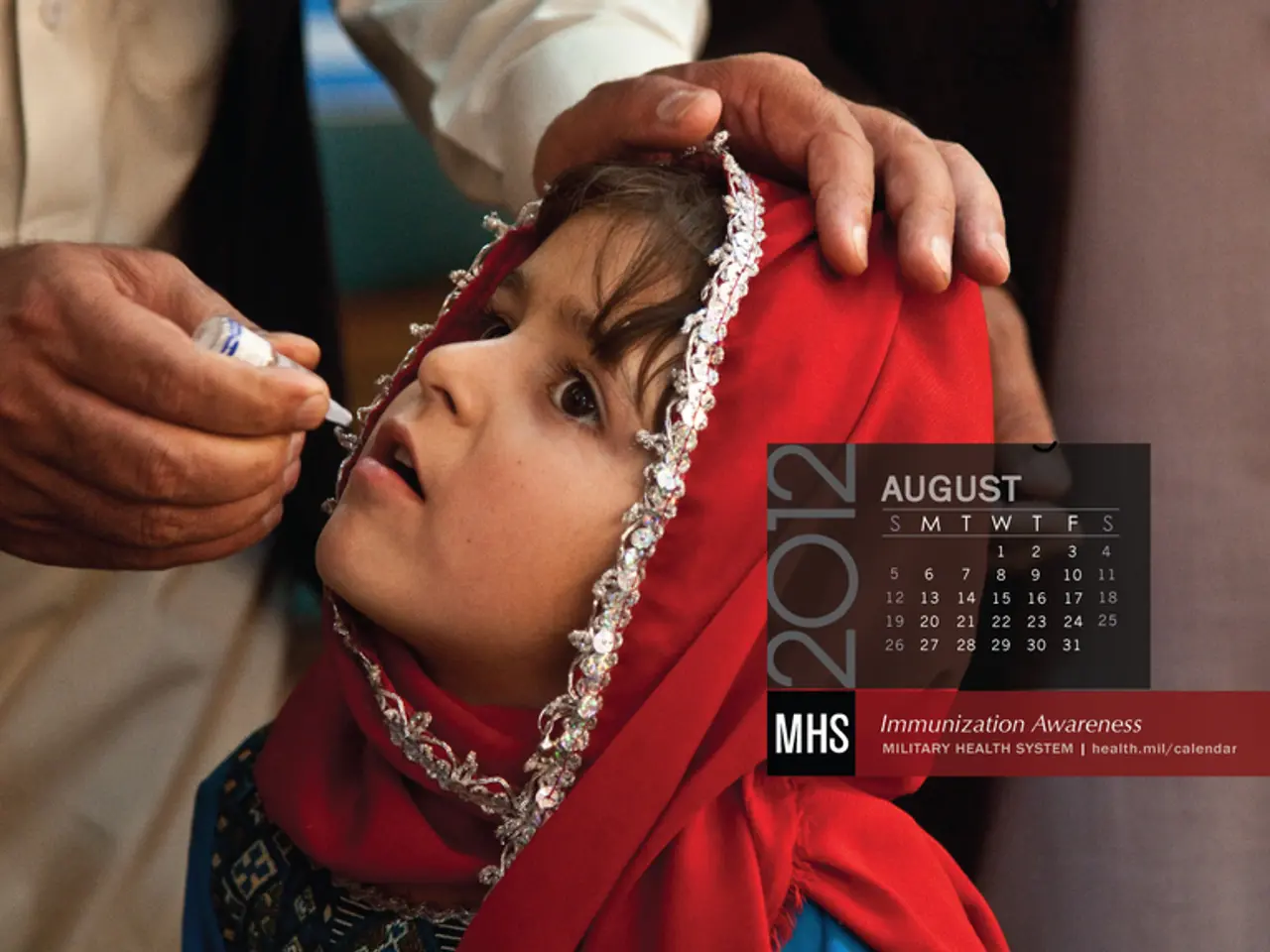P.1 Brazil Variant Resistant to Antibodies, Study Warns
A new study, presented at ECCMID and published in The Lancet Microbe, reveals worrying news about the P.1 Brazil (Gamma) variant's resistance to antibodies. The variant, with 15 unique mutations, can evade antibodies from both previously infected individuals and those vaccinated with CoronaVac.
The study, involving researchers from the Butantan Institute in São Paulo, Brazil, found that antibodies from individuals previously infected with SARS-CoV-2 were less efficient at neutralising the P.1 variant. They required around nine times higher concentrations to work against it compared to the B lineage virus.
CoronaVac, an inactivated COVID-19 vaccine, also showed reduced effectiveness against the P.1 variant. Antibodies generated by the vaccine were less efficient, with most having no detectable effect. However, a phase 3 clinical trial showed that CoronaVac can protect against severe COVID-19 and death.
The P.1 variant's 15 unique mutations, including multiple in the SARS-CoV-2 virus spike protein, contribute to its ability to escape neutralising antibody responses. This suggests reinfection with the P.1 variant might be possible, even in vaccinated individuals or those who previously had COVID-19.
The study underscores the need for continued and enhanced genetic surveillance of SARS-CoV-2 variants worldwide. It also highlights the importance of plasma neutralising antibody assays to guide updates of immunisation programmes. While the P.1 variant may be less sensitive to antibodies from those vaccinated with CoronaVac, it can still potentially circulate in vaccinated individuals, posing a risk even in areas with high vaccination rates.
Read also:
- Americans Lose Insurance Under New Tax Legislation, Affecting 10 Million Citizens
- Pro-Life Group Condemns FDA's Approval of Generic Abortion Drug
- Trump Signs Law Defunding Planned Parenthood, Threatening Healthcare Access for Millions
- Historian Ute Frevert Explores Germans' Emotional Bond With Constitutions







